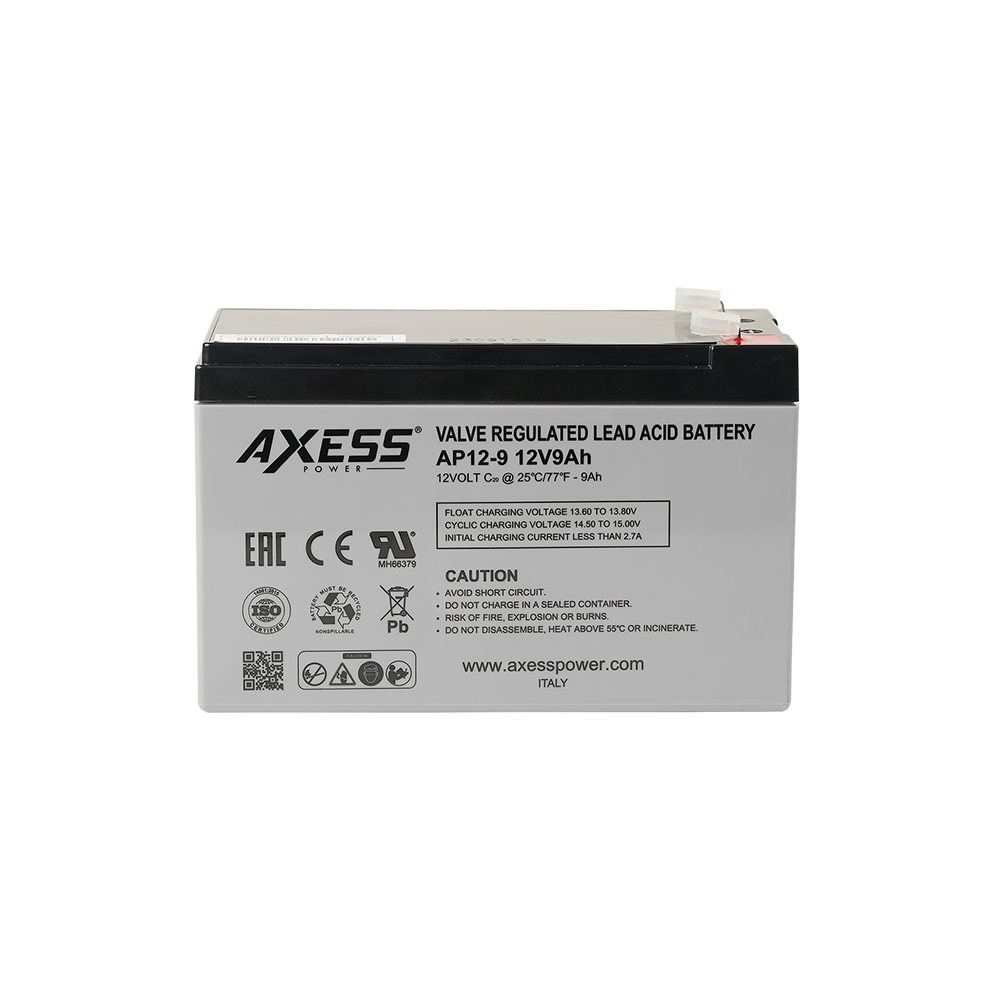With the growing shift toward renewable energy, solar power is quickly becoming a popular alternative to traditional electricity sources. However, a major challenge with solar power is its reliance on sunlight. What happens when the sun goes down or on cloudy days? That’s where solar batteries come into play.
A solar battery is an essential component of a solar energy system that allows you to store excess electricity generated by your solar panels for use at a later time. This article will help you understand what a solar battery is, how it works, and why it’s an important investment—especially if you’re considering a Solar Battery in Bahrain, where sunlight is abundant but energy reliability can vary.
What Is a Solar Battery?
A solar battery is a device that stores electricity generated by solar panels. Instead of sending the unused electricity back to the grid, a solar battery stores it for later use—typically at night or during power outages. This gives users more control over their energy consumption, allowing them to rely less on the utility grid and reduce electricity bills.
Solar batteries are often paired with solar panels to form what’s known as a solar-plus-storage system. This combination not only helps you make the most of your solar power system but also increases your energy independence.
How Does a Solar Battery Work?
Here's a breakdown of how a solar battery works step-by-step:
-
Solar Panels Capture Sunlight: Solar panels installed on your roof or property absorb sunlight and convert it into direct current (DC) electricity.
-
Inverter Converts DC to AC: The electricity generated is converted into alternating current (AC) through an inverter, which can then be used to power home appliances.
-
Powering Your Home First: The AC electricity first powers your home’s immediate energy needs.
-
Storing Excess Energy: Any surplus electricity not used by your home is stored in the solar battery.
-
Using Stored Energy Later: When your solar panels aren’t producing electricity (e.g., at night), your home draws power from the battery instead of the grid.
-
Grid Backup (Optional): If your battery runs out of stored energy and your panels aren’t producing, your system can still draw power from the grid.
This process is seamless and automated, giving you uninterrupted power regardless of weather or time of day.
Types of Solar Batteries
There are several types of solar batteries, each with its own advantages:
-
Lithium-Ion Batteries: Most common for residential use. They offer high efficiency, long life spans, and compact size.
-
Lead-Acid Batteries: More affordable upfront but have shorter lifespans and lower efficiency.
-
Flow Batteries: Great for large-scale installations but are bulkier and more expensive.
-
Nickel-Based Batteries: Less commonly used in residential applications but suitable for specific industrial needs.
When selecting a solar battery in Bahrain, consider the temperature range, efficiency, and battery lifespan—especially given the country’s hot climate.
Advantages of Using a Solar Battery
-
Energy Independence
Reduce reliance on the grid and enjoy a more stable and reliable energy source. -
Lower Electricity Bills
Use stored solar power during peak tariff hours or at night, minimizing utility charges. -
Backup Power During Outages
Solar batteries provide electricity even when the grid goes down. -
Better Use of Renewable Energy
Instead of wasting excess solar energy, a battery allows you to use nearly all the power your panels generate. -
Eco-Friendly Living
Reduce carbon emissions by relying more on clean energy.
Why Choose a Solar Battery in Bahrain?
Bahrain is one of the sunniest countries in the world, receiving over 3,000 hours of sunshine annually. This makes it an ideal location for solar energy systems. However, the region also experiences high electricity demands due to air conditioning and cooling systems, especially in the summer.
By investing in a solar battery in Bahrain, homeowners and businesses can:
-
Offset high electricity costs during peak demand
-
Reduce pressure on the national grid
-
Enjoy consistent power during outages or instability
-
Support the country’s national renewable energy targets
Government initiatives are also encouraging renewable energy adoption, making it a smart time to install solar-plus-storage systems.
What to Consider Before Buying a Solar Battery
Before purchasing a solar battery, consider the following:
-
Capacity: How much energy can the battery store? Measured in kilowatt-hours (kWh).
-
Power Rating: How much energy can be delivered at one time?
-
Round-Trip Efficiency: The percentage of energy retained after charging and discharging.
-
Depth of Discharge (DoD): Indicates how much of the battery’s capacity can be used safely.
-
Warranty & Lifespan: Look for batteries with at least a 10-year warranty or 5,000 cycles.
Working with a certified local installer in Bahrain ensures your system is suitable for regional conditions and complies with any local regulations.
Final Thoughts
A solar battery enhances the value and efficiency of your solar power system by allowing you to store energy and use it when it’s most needed. In sun-rich regions like Bahrain, installing a solar battery in Bahrain isn’t just a smart financial decision—it’s a step toward greater energy independence and sustainability.
Whether you're a homeowner looking to reduce electricity bills or a business aiming to go green, a solar battery can be the key to unlocking the full potential of solar energy.
hussain mohamed Details
User Profile
- Full name
- hussain mohamed
- Email address
- hussainmohammedd95@gmail.com
- Join Date
- 2025-04-15
- State
- City
- Pincode
- Address
- Follow us on Facebook
- Follow us on Twitter
- Website Name
- Bio

